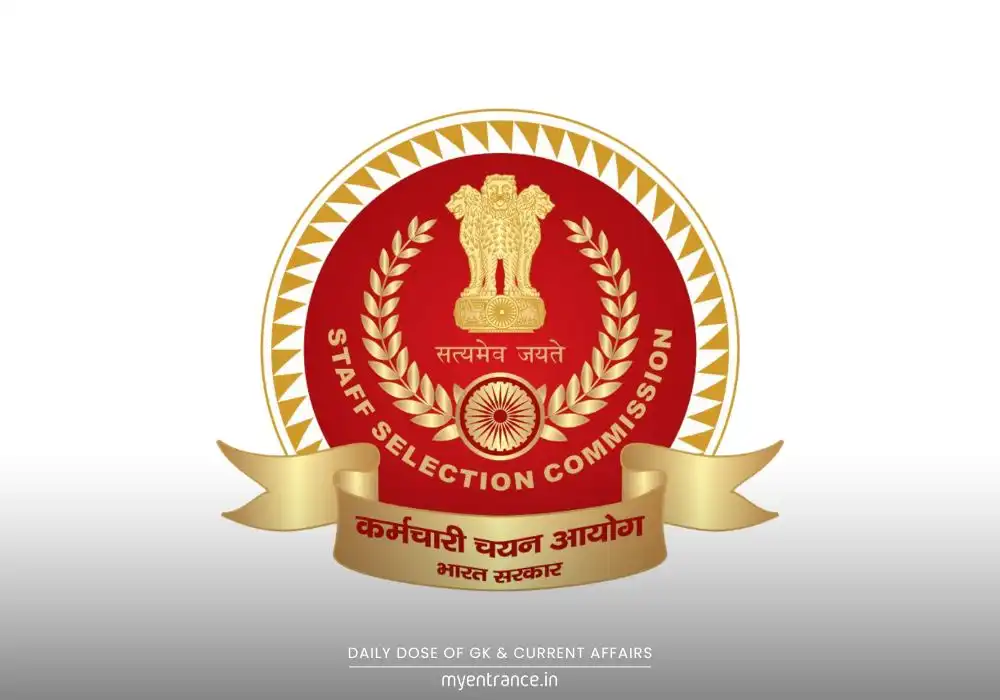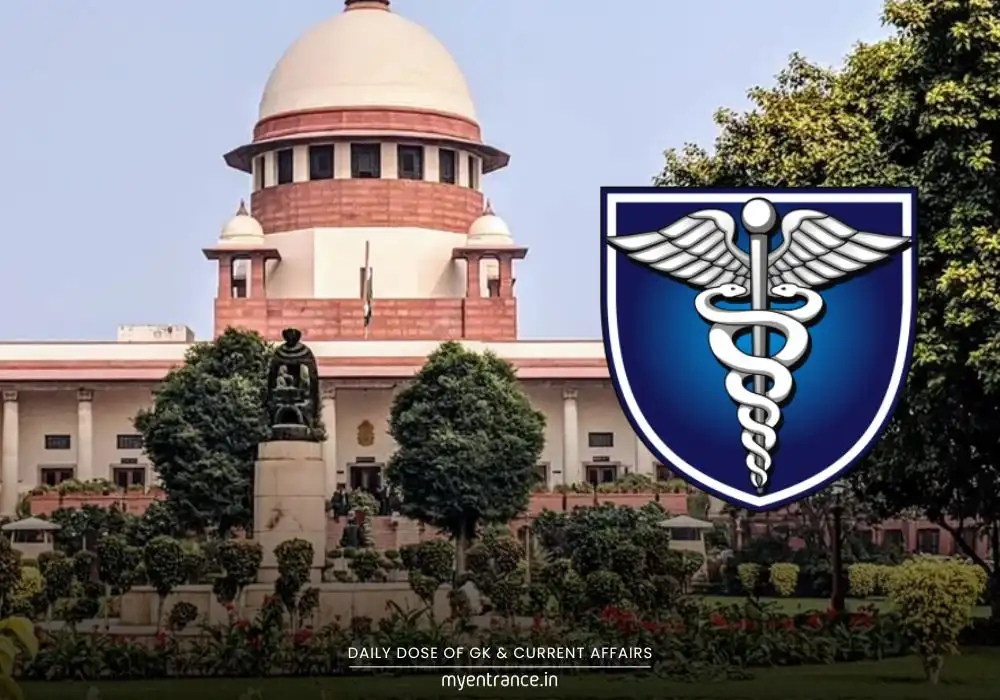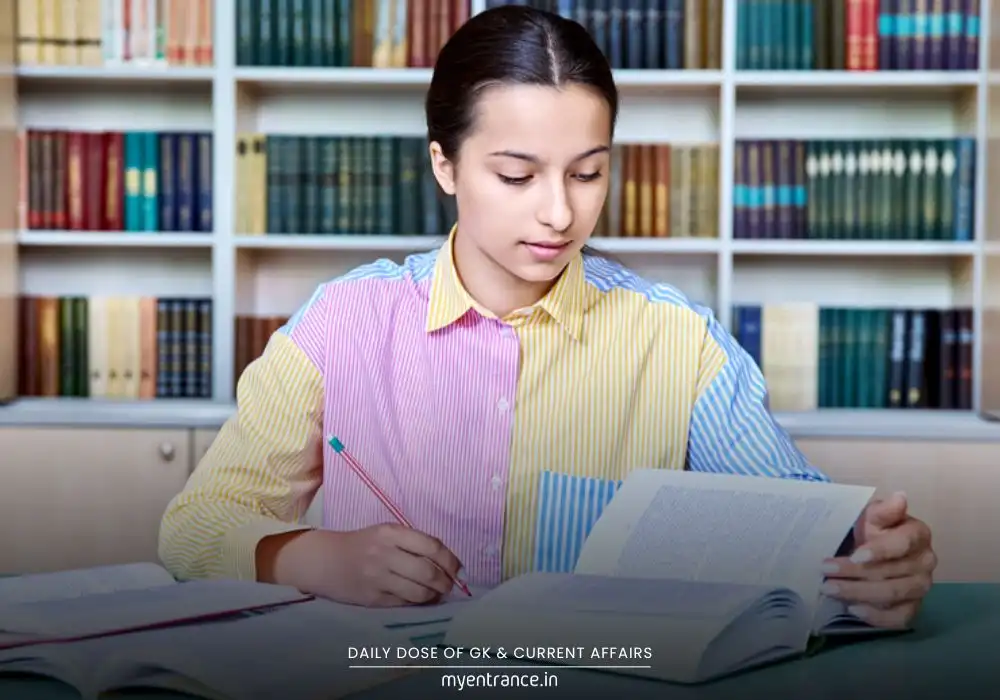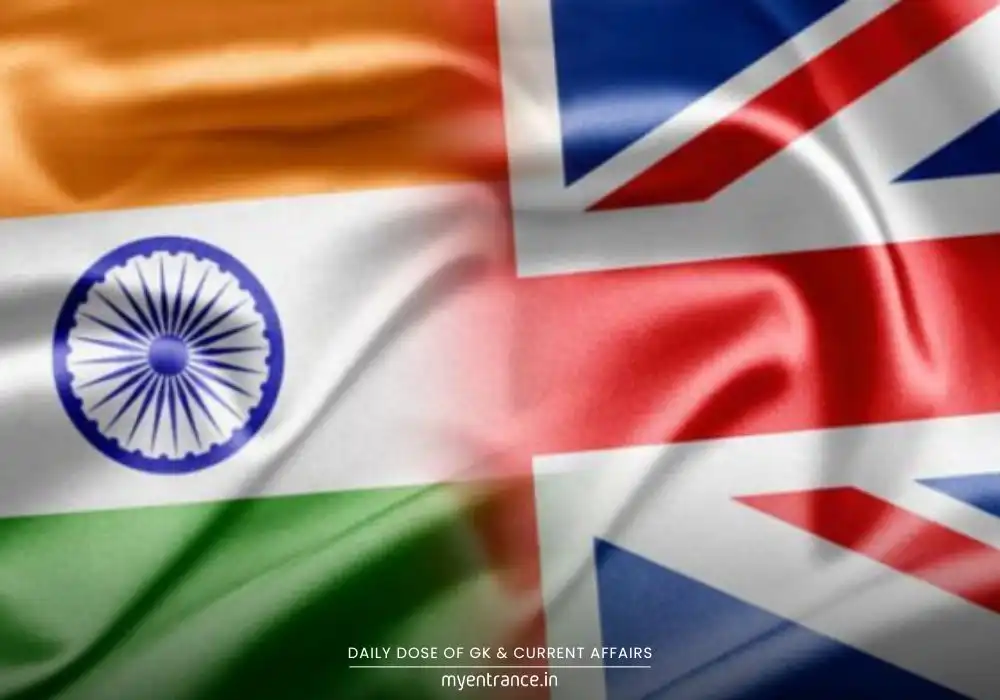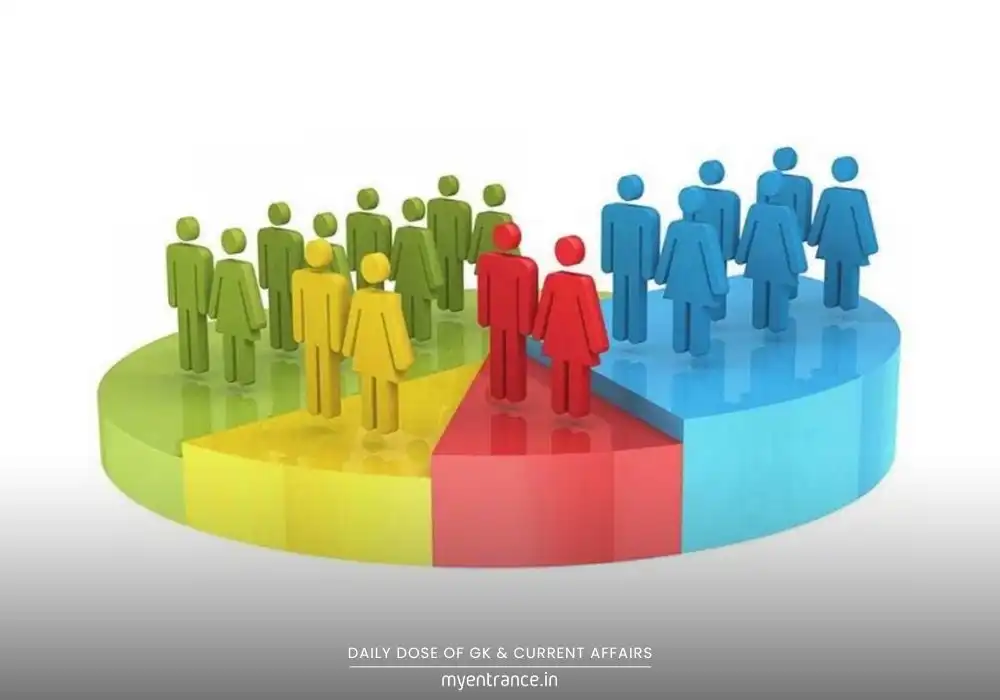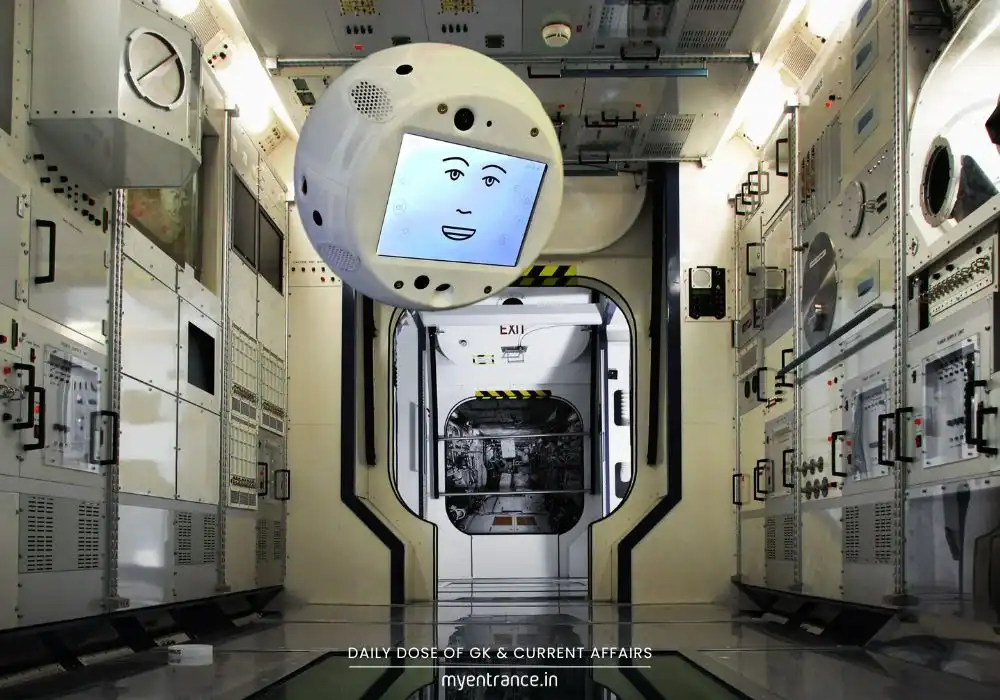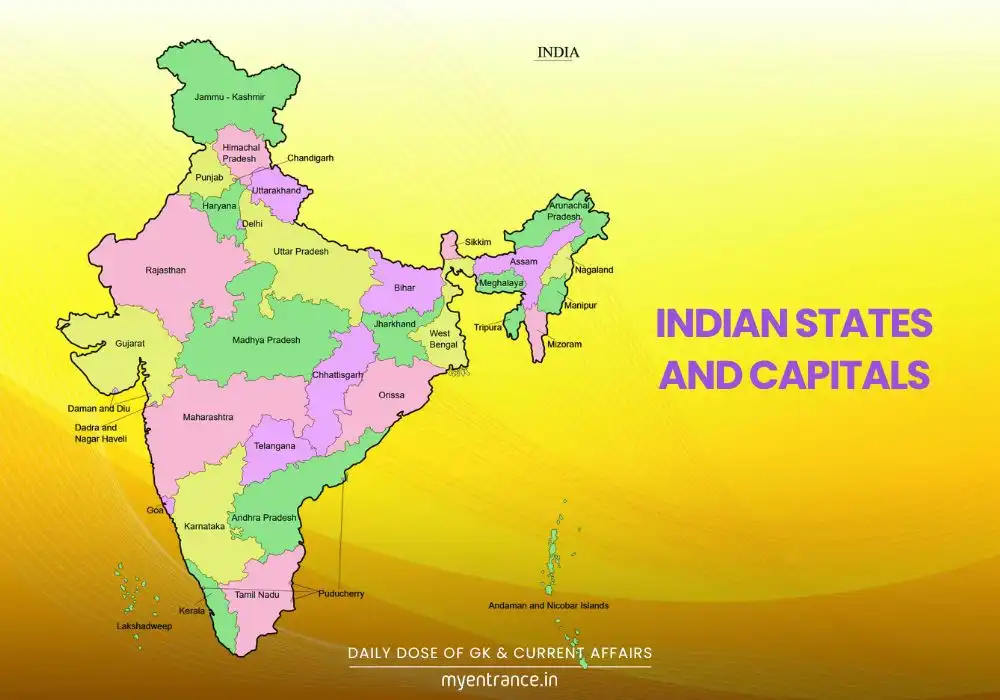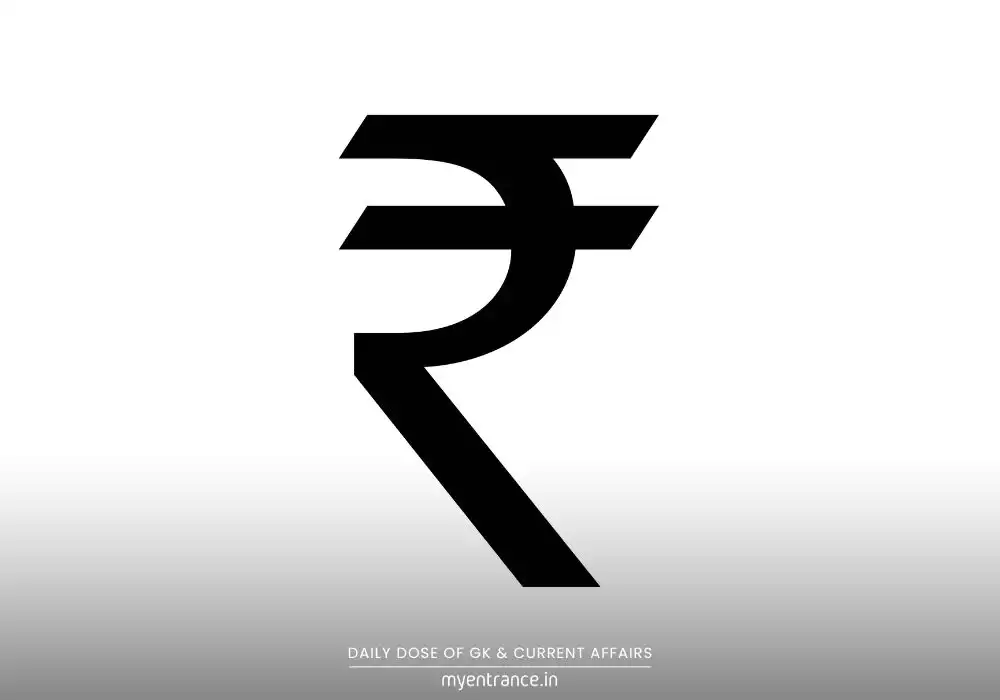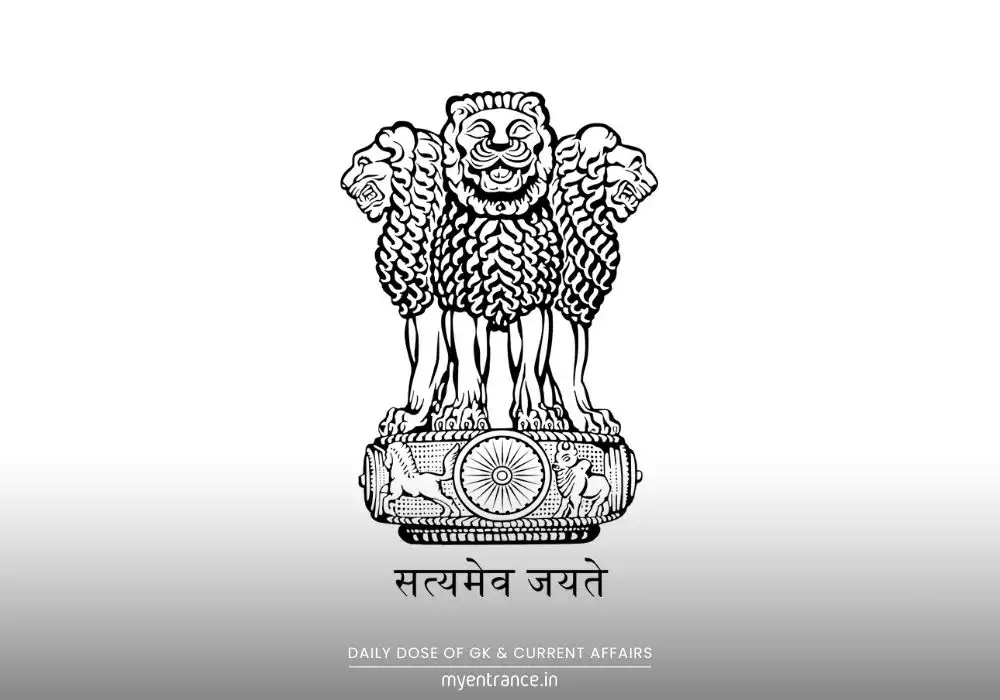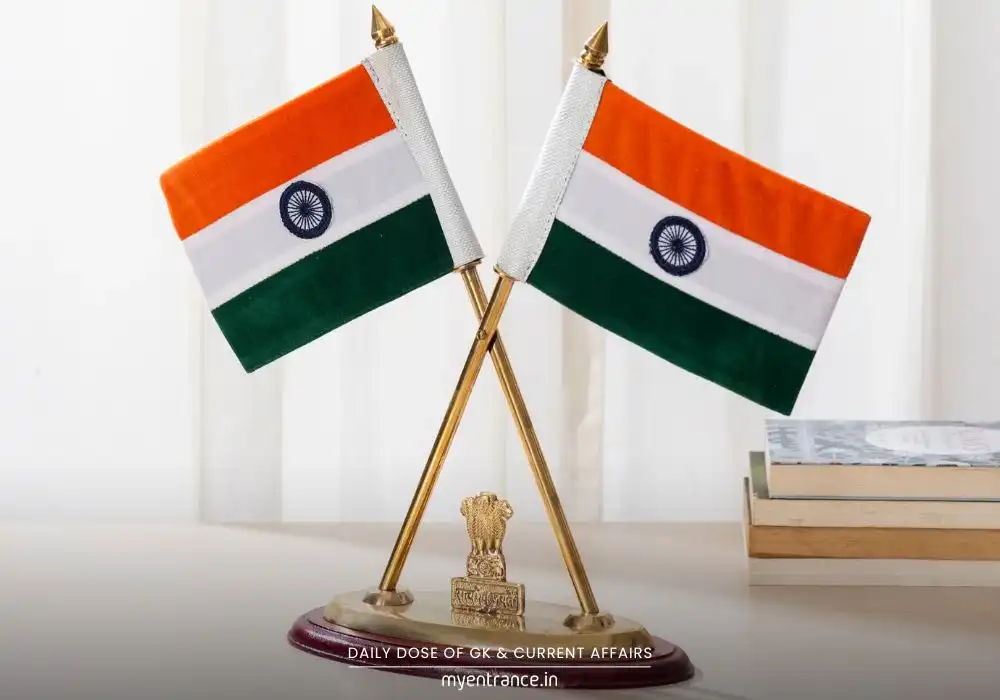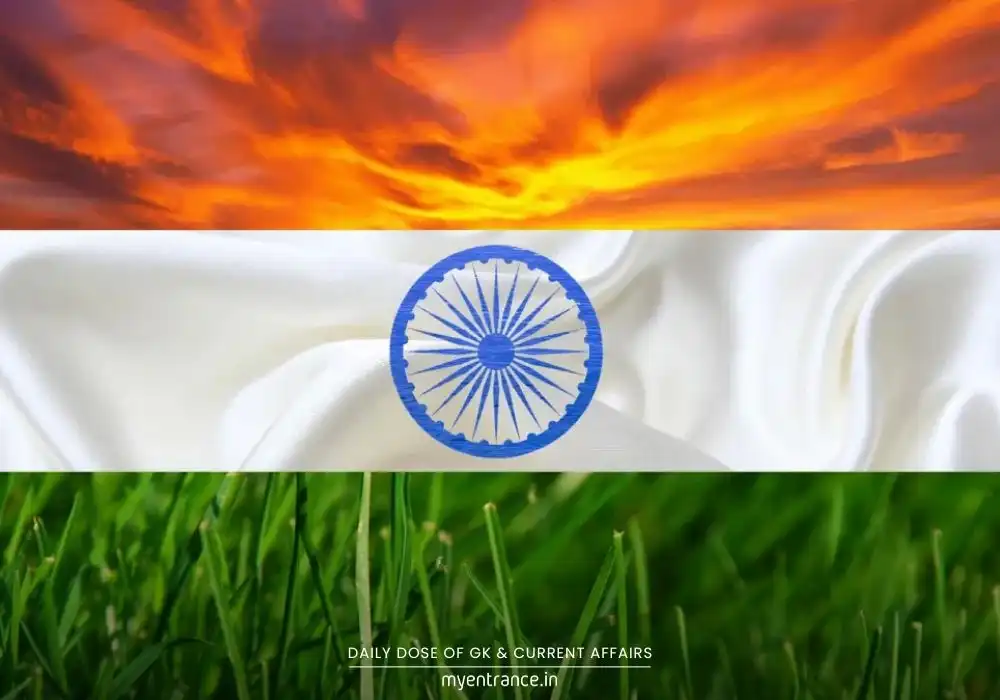Translate Language
Is the Special Intensive Revision (SIR) in Bihar Undermining Voter Rights?
Bihar’s ongoing Special Intensive Revision (SIR) of electoral rolls has ignited debates over voter rights and procedural fairness. Unlike past revisions, this drive shifts the burden of proof onto enrolled voters and disregards existing rolls—raising questions about transparency and inclusivity.
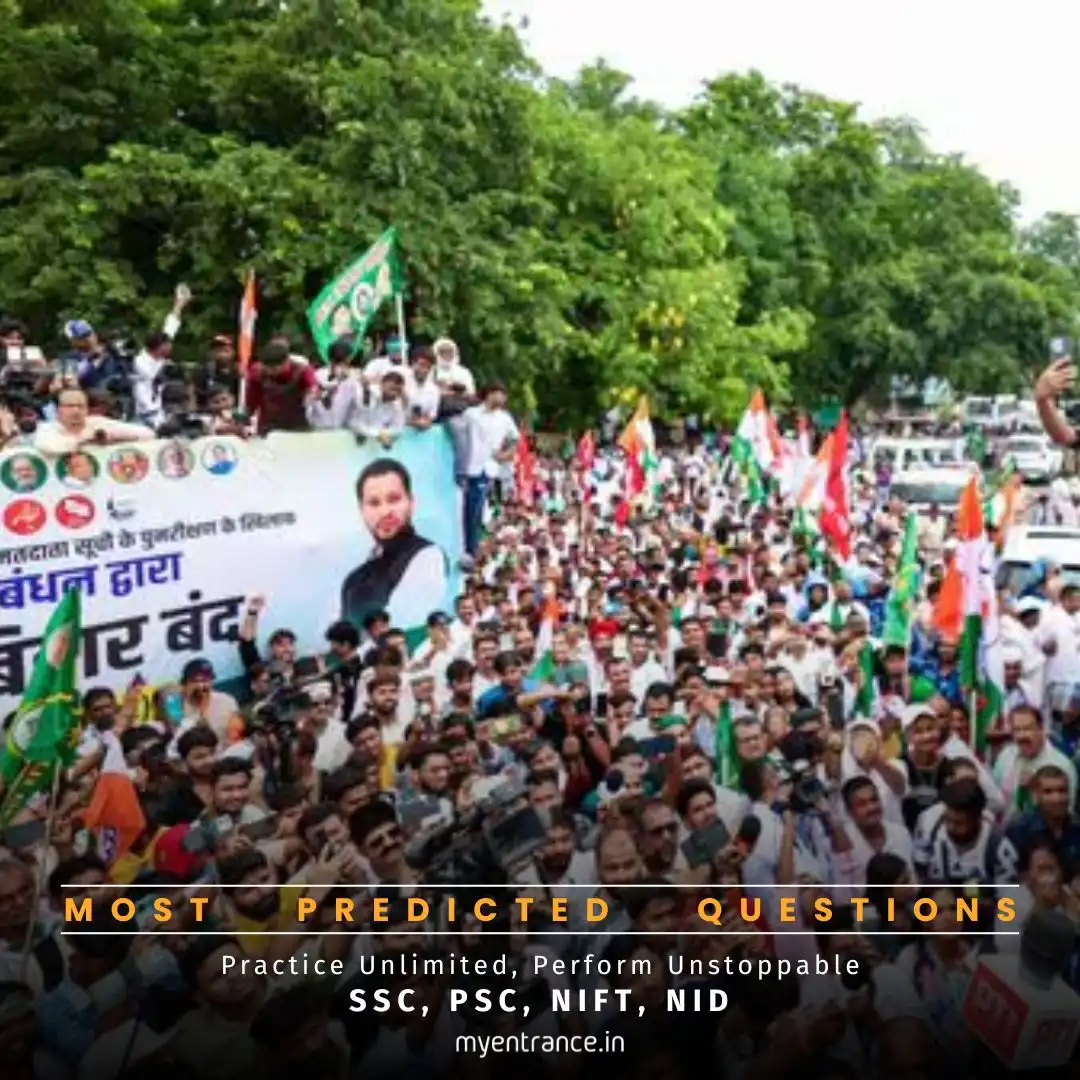
Key Points to Discuss
1. What Is the Special Intensive Revision (SIR)?
A door-to-door re-enumeration process to update voter lists from scratch.
Historically used in 1952–2004 for major electoral roll overhauls.
This time, Bihar’s SIR mandates existing voters to submit documents (like birth proofs) to retain enrollment—a first in India’s electoral history.
2. Why Is SIR Controversial?
Burden on Voters: Previously, officials recorded details based on household declarations (no citizenship verification). Now, voters must prove eligibility proactively.
Ignoring Past Rolls: The EC earlier upheld the “sanctity” of existing rolls, but Bihar’s SIR overrides this principle.
Court Rulings Ignored? The Gauhati HC (1993) and SC affirmed that draft rolls must rely on self-declaration, not citizenship checks.
3. Challenges & Impacts
Marginalized Communities: Migrants and low-literacy groups may struggle to furnish documents, risking exclusion.
Election Credibility: Errors in SIR could lead to disenfranchisement, fueling doubts over fairness.
Legal Precedent: Past revisions (e.g., 1983) rejected politicized demands to disenfranchise “illegal immigrants,” prioritizing inclusion.
Key Takeaways
✅ Shift in EC’s Approach: For the first time, voters must prove eligibility instead of officials verifying data.
✅ Risk of Exclusion: Post-2003 voters face stricter documentation rules than pre-2003 electors.
✅ Judicial Stand: Courts have ruled that citizenship disputes should arise after draft rolls—not during preparation.
Did You Know?
In 1983, the EC rejected a Mizoram CM’s proposal to remove post-1971 immigrants, stressing roll sanctity.
Bihar’s SIR allows pre-2003 voters to submit old roll extracts, but others need 11+ documents—a disparity critics call unfair.
Why This Matters for Competitive Exams
UPSC Relevance: Covers Representation of People’s Act (GS-II) and current affairs (Prelims).
Policy Debates: Highlights tensions between electoral integrity and voter accessibility.
Final Thought
Bihar’s SIR sets a risky precedent by prioritizing documentation over trust. For aspirants, understanding this issue is crucial—it reflects broader themes of governance, rights, and judicial oversight in India’s democracy.
Get 3 Months Free Access for SSC, PSC, NIFT & NID
Boost your exam prep!
Use offer code WELCOME28 to get 3 months free subscription. Start preparing today!
